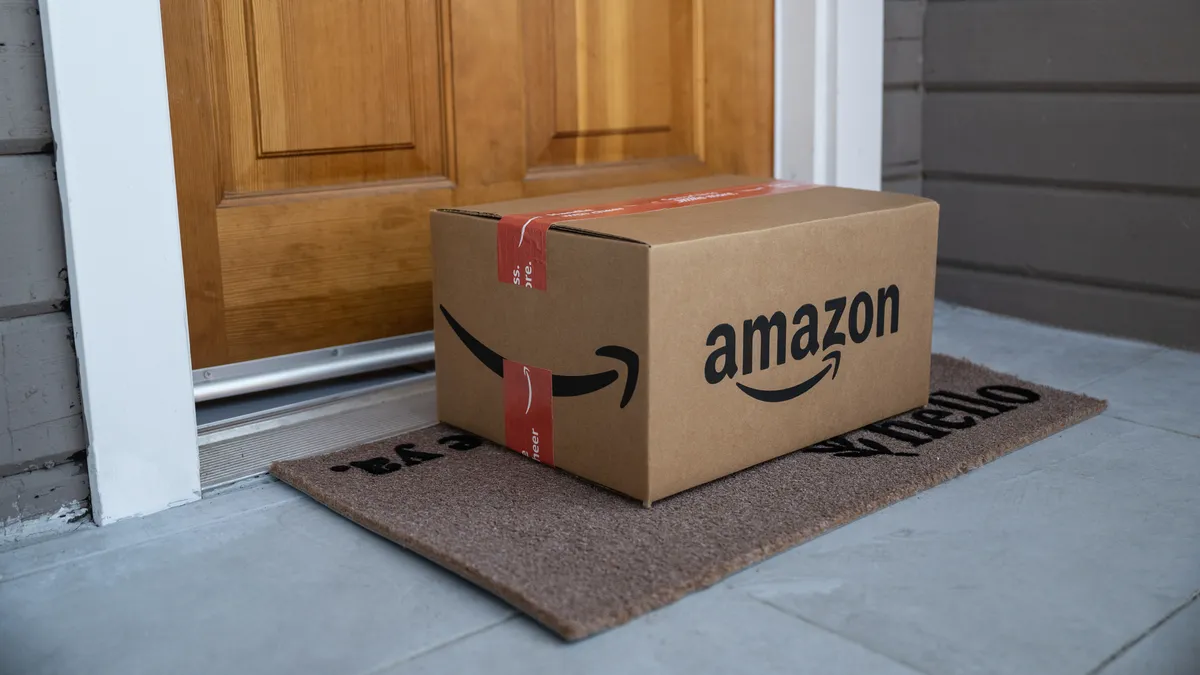Amazon on Tuesday teased a July Prime Day amid a consumer environment shaken by President Donald Trump’s tariff policies.
The e-commerce giant said the event would have some of the “best deals of the summer,” with Prime members able to take advantage of “deep discounts” across over 35 categories including electronics, beauty and apparel.
The company has not yet released the dates of the sale, but said more information will be shared soon.
In the Prime Day announcement, Amazon stated that small and medium-sized businesses make up over 60% of sales on its marketplace. Those companies sold over 200 million items during last year’s Prime Day event, per the company.
Some of those third-party sellers are pulling out of the event or reducing the scope of discounted merchandise offered as a way to protect profit margins due to tariffs, per a Monday report from Reuters. Small businesses are especially vulnerable to tariffs because, in part, they don’t have the scale to sway vendor relationships, according to experts.
Amazon said it has had a “strong response” from its selling partners to this Prime Day. “We’re working with our broad, varied range of valued selling partners in our store to support them in adapting to the developing environment while maintaining low prices for customers,” a spokesperson said.
The retailer is also facing pushback from the White House, which on Tuesday responded to a report by Punchbowl News that Amazon will soon display tariff costs alongside product prices to consumers.
“This is a hostile and political act by Amazon,” White House press secretary Karoline Leavitt said during a press conference. “Americans should buy American. It’s another reason why we are onshoring critical supply chains here at home.”
In response to questions regarding the reported tariff display Amazon pointed to a statement posted on its site.
"The team that runs our ultra low cost Amazon Haul store considered the idea of listing import charges on certain products. This was never approved and is not going to happen," according to Amazon.
The company did not respond to questions about the White House
Consumer expectations fell 32% this year through April in part due to high tariffs, according to a recent report by the University of Michigan. It is the sharpest drop since the 1990 recession. Expectations for inflation rose from 5% to 6.5%, the highest level since double-digit inflation in 1981.
“Consumers perceived risks to multiple aspects of the economy, in large part due to ongoing uncertainty around trade policy and the potential for a resurgence of inflation looming ahead,” Joanne Hsu, director of the university’s consumer surveys, said in a statement.
















